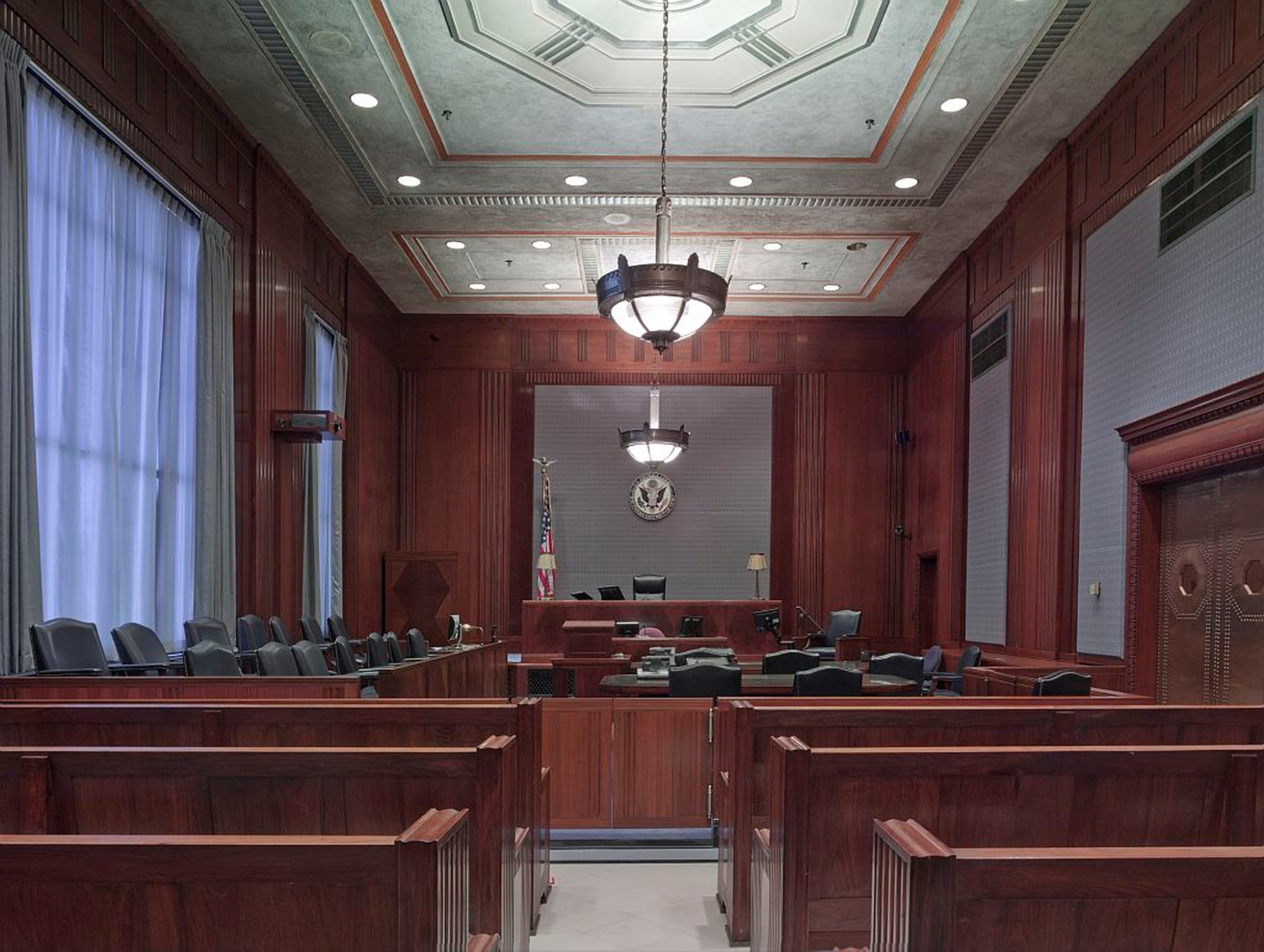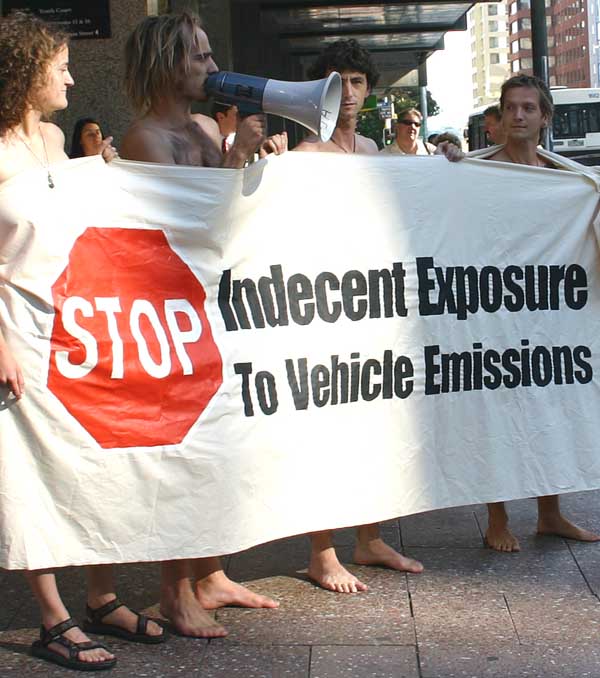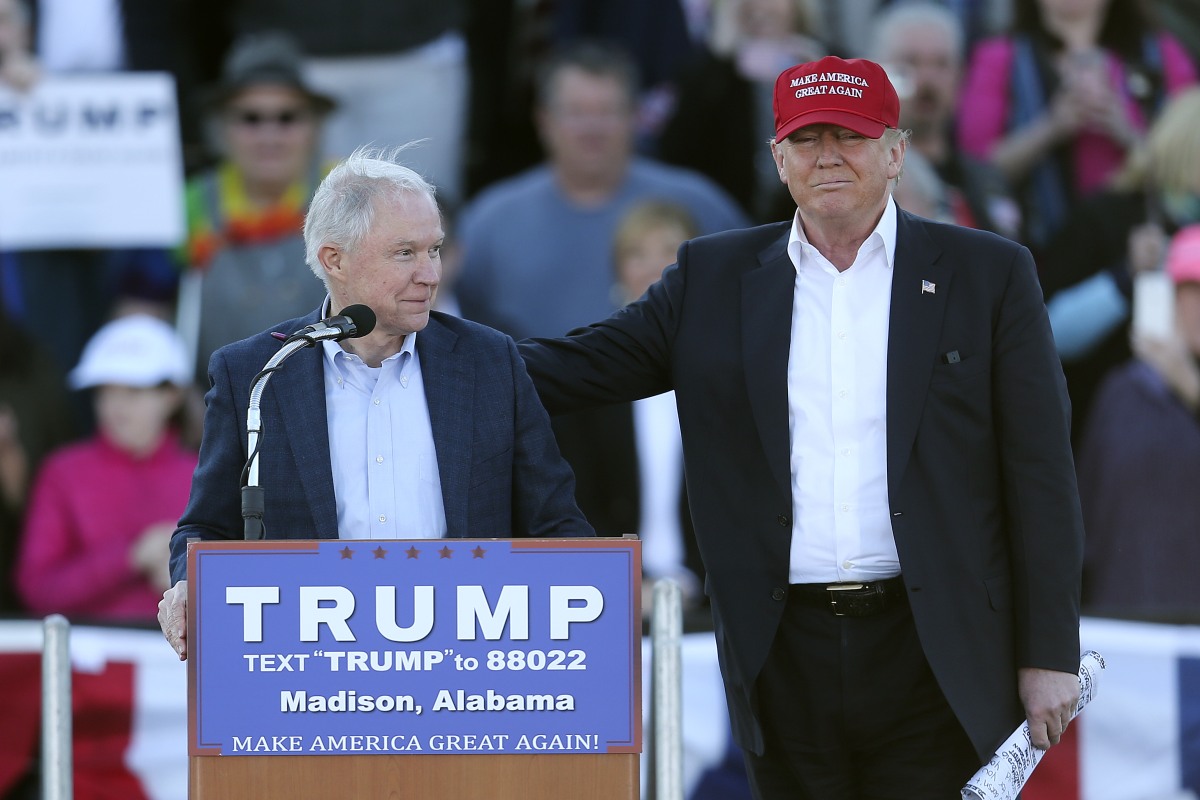
A courtroom in Germany is currently the scene of a rare occurrence in the business world: the trial of a high-level executive for corporate crimes. Martin Winterkorn, the former top executive of Volkswagen, is facing charges of commercial fraud, market manipulation and making false statements.
Arguably, he should be facing even more serious allegations. Winterkorn is being belatedly tried in connection with the vast conspiracy in which Volkswagen executives conspired to deceive regulators and the public about the environmental impact of its diesel cars. By rigging the vehicles so their emissions appeared to be within legal limits when they were actually much higher, VW was responsible for releasing vast amounts of extra pollution into the air. The health effects are incalculable.
Winterkorn’s trial, delayed for health reasons, comes nine years after the emissions scandal erupted. During that time, the company has faced perhaps the most wide-ranging regulatory barrage in business history.
In the United States, VW paid a series of enormous penalties. These included a $14.7 billion settlement with the federal government and the state of California announced in 2016. The deal included $10 billion to be used for buying back vehicles with the illegal defeat devices and $4 billion to mitigate pollution from the cars and invest in green vehicle technology.
The following year, VW paid another $4 billion to settle a case brought by the Federal Trade Commission concerning another group of vehicles. The company pled guilty to three felony counts and paid a criminal penalty of $2.8 billion.
VW also faced regulatory actions and lawsuits around the world. Here are some of the most notable.
In its home country of Germany, VW was fined the equivalent of $1.2 billion in a case brought by government prosecutors and another $900 million in a lawsuit brought by the Federation of German Consumer Organizations.
In a case brought by Environment and Climate Change Canada, VW paid a fine equal to $150 million. The Australian Competition and Consumer Commission fined VW the equivalent of $86 million for deceiving customers about compliance with Australian diesel emissions standards.
India’s National Green Tribunal fined VW 5 billion rupees (US$71 million) for installing the cheating devices. South Korea’s Fair Trade Commission fined VW the equivalent of $31 million for false advertising on vehicle emissions. Among the other countries that penalized VW are Poland ($31 million), Brazil ($13 million), and the Netherlands ($536,000).
As important as these cases have been in highlighting VW’s egregious misconduct and extracting financial penalties, the individual prosecution of Winterkorn could have a greater long-term impact. Even though he is no longer employed by the company (he resigned under pressure in 2015), his trial is a demonstration of how a high-level executive can be held personally accountable for misdeeds under his watch. This is especially true in a case such as Winterkorn’s in which the executive is accused of committing some of those misdeeds himself.
If convicted, Winterkorn, 77, is unlikely to spend time behind bars. But a guilty verdict would send a strong signal to other unscrupulous executives.
Note: the enforcement actions discussed above (and much more) will be included in the forthcoming Violation Tracker Global.




 It’s refreshing to see the book thrown at a corporate criminal, but it would have been even better if federal prosecutors had aimed higher.
It’s refreshing to see the book thrown at a corporate criminal, but it would have been even better if federal prosecutors had aimed higher. For months the news has been filled with reports of suspicious meetings between Trump associates and Russian officials. Another category of meetings also deserves closer scrutiny: the encounters between Trump himself and top executives of scores of major corporations since Election Day. What do these companies want from the new administration?
For months the news has been filled with reports of suspicious meetings between Trump associates and Russian officials. Another category of meetings also deserves closer scrutiny: the encounters between Trump himself and top executives of scores of major corporations since Election Day. What do these companies want from the new administration? Big business would have us believe that it is on the side of the angels when it comes to the Paris climate agreement. A group of large companies just published full-page ads in the New York Times and Wall Street Journal urging (unsuccessfully, it turned out) President Trump to remain in the accord.
Big business would have us believe that it is on the side of the angels when it comes to the Paris climate agreement. A group of large companies just published full-page ads in the New York Times and Wall Street Journal urging (unsuccessfully, it turned out) President Trump to remain in the accord. It remains to be seen how high the new special counsel Robert Mueller aims his probe of the Trump campaign, but there are
It remains to be seen how high the new special counsel Robert Mueller aims his probe of the Trump campaign, but there are  With all that’s happening in the chaotic Trump transition, less attention is being paid to the
With all that’s happening in the chaotic Trump transition, less attention is being paid to the
You must be logged in to post a comment.